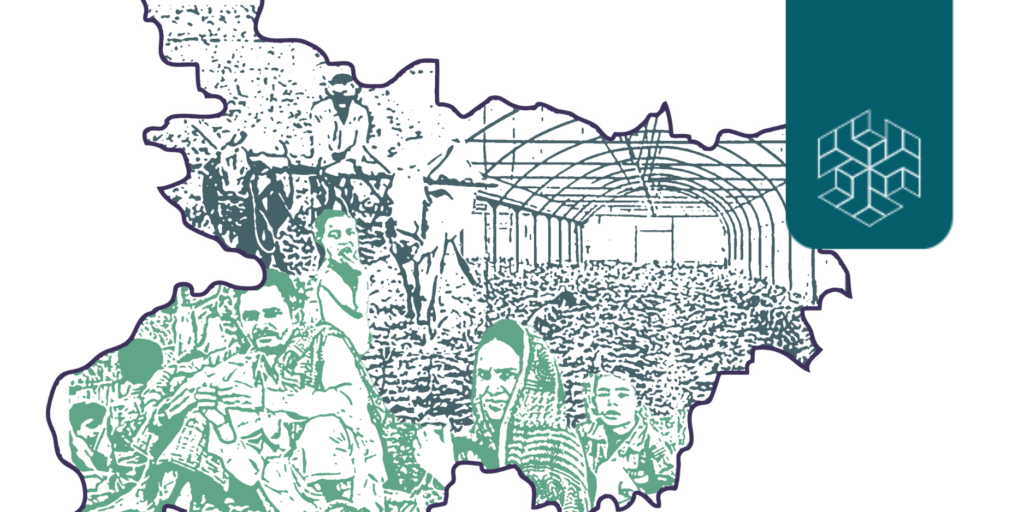Authored by: Jitendra Bisht
CONTEXT
Since the Brundtland Commission report (1987) defined its broad contours, sustainability and sustainable development have been integral to the global processes and understanding of production and growth. Rooted in the concept of shared responsibility, the Brundtland report defined Sustainable Development as: “Development that meets the needs of the present without compromising the ability of future generations to meet their own needs.” (World Commission on Environment and Development 1987: n.pag.) The report posited the need to encourage production and consumption standards that do not endanger the natural systems that support life on Earth, and at the same time, ensure equitable access to natural resources. The idea of sustainability, thus, contains within itself a need-based approach to the utilisation of resources to maintain a certain level of growth in the present, without exerting pressure on ecosystem services for the future.
Historically, agriculture has had a close relationship with the development of the human species. Food security, made possible by the advent of agriculture and allied activities, essentially kickstarted the process of development leading to the rise of civilisations and eventually, modern industrial society. During this time, agricultural production also progressed from being a subsistence-oriented activity to a large scale, yield-oriented and resource-intensive activity. Given the nature of agriculture today, and its impact on soil health, water availability, and livelihoods across the world, the question of sustainability has taken centre-stage in agricultural practice and policy-making.
This question looms larger in countries like India, where the agriculture sector is dominated by small and marginal farmers caught in a vicious cycle of rising input costs and debts, the prevalence of water-intensive crops such as rice and sugarcane, decreasing soil fertility, and increasing climate extremes. This issue brief looks at sustainability concerns in Indian agriculture from three standpoints – the ecological impact of agricultural practices, farmer incomes, and impact of climate change on yields.



